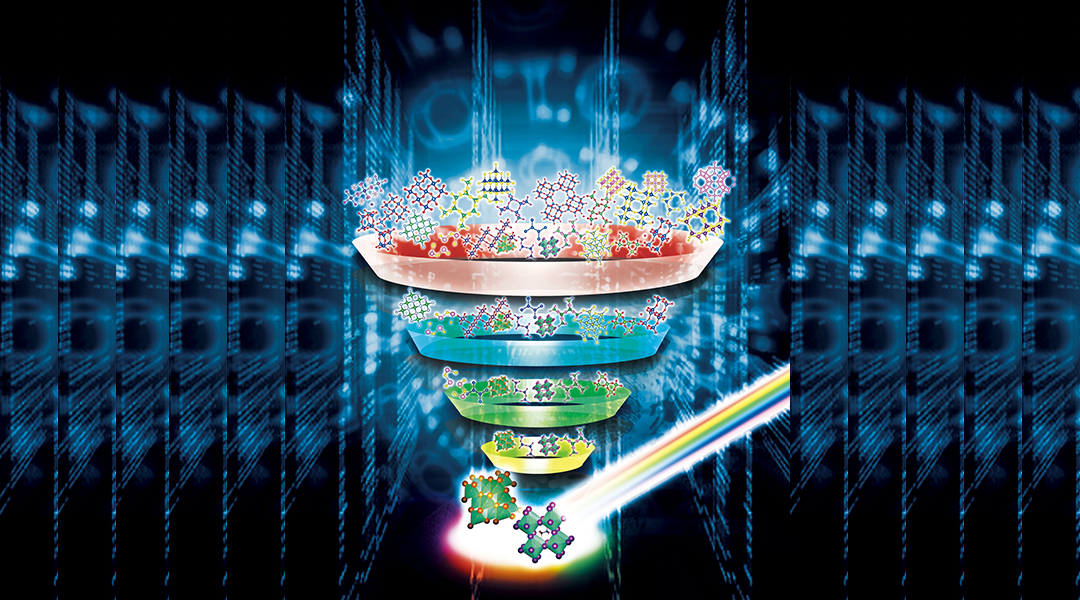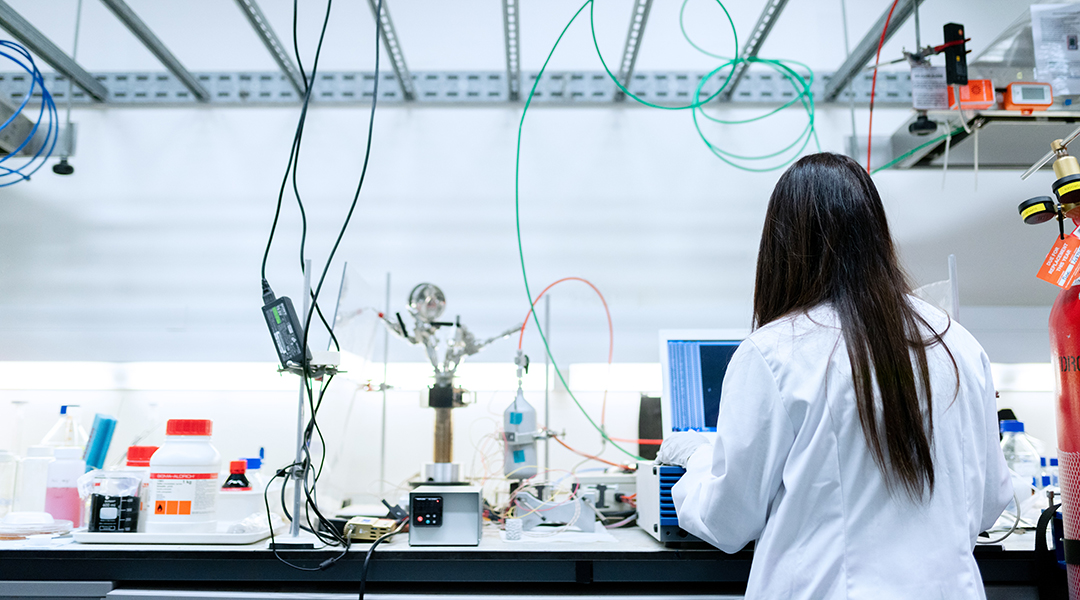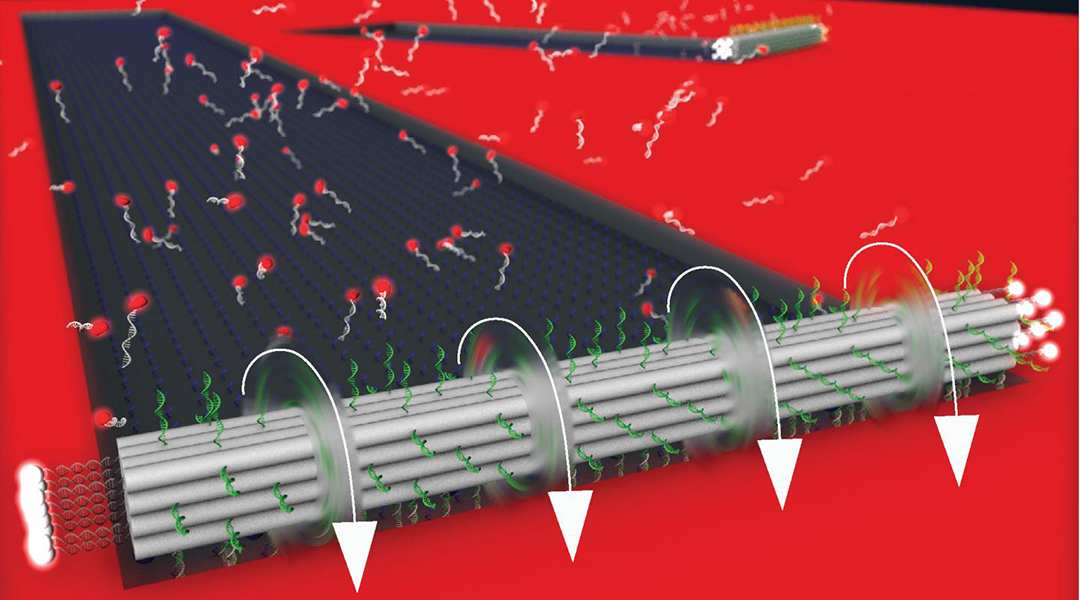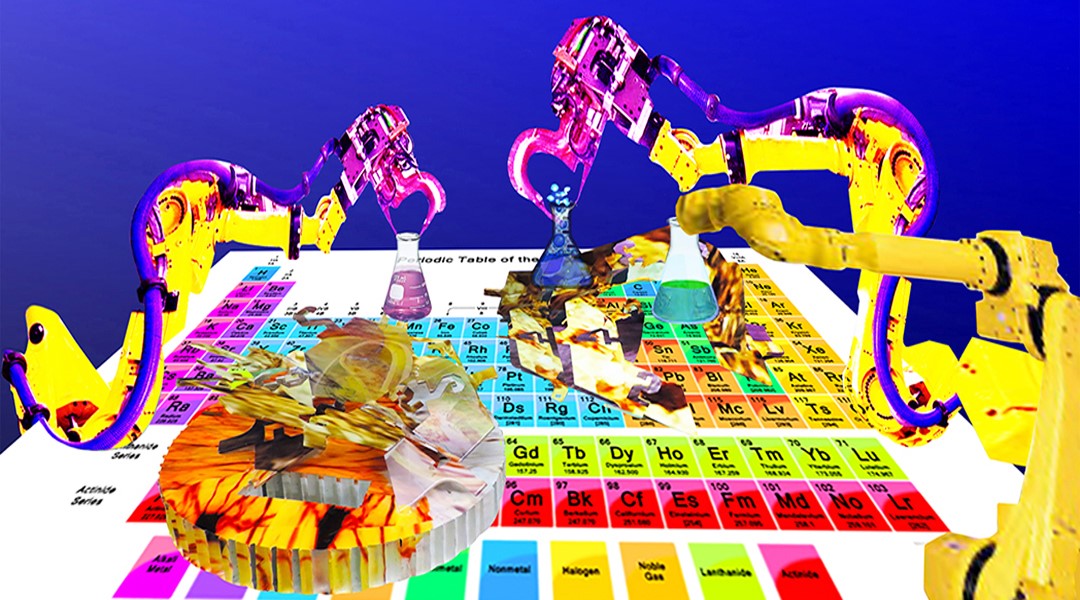High-throughput computational materials screening is turning out to be an efficient highway to optoelectronic semiconductor design.


High-throughput computational materials screening is turning out to be an efficient highway to optoelectronic semiconductor design.

Using the principles of quantum mechanics, scientists are unlocking incredible computing powers one experiment at a time.

There is a tremendous sense of joy and elation when a chemist discovers a new molecule, but if we dehumanize the art of science what is left?

Taking a look at the past, present, and future of combinatorial chemistry in materials research.

An exciting and exotic approach to minimizing error in quantum computation re-purposes a known code to achieve what many researchers thought was impossible.

Scientists have developed a method for precise, fast, and high-quality laser processing of halide perovskites, promising light-emitting materials for solar energy, optical electronics, and metamaterials.

Researchers at UT Austin hope their computer model of COVID-19 can help other scientists in developing new drugs against the virus.

Will artificial intelligence expand and enhance its teaching prowess to the point where it can replace the professor in his or her traditional role?

Scientists pave way for nanobots to one day diagnose and treat disease with the first DNA-based motor to run on chemical energy.

AI is being leveraged to provide machines with the capacity to match or even outperform humans in many endeavors. So what does this mean for the synthetic chemist?